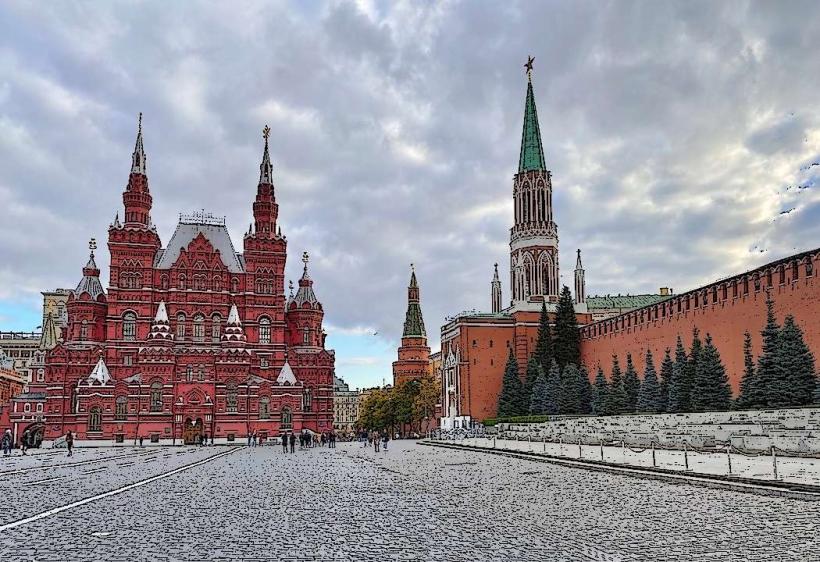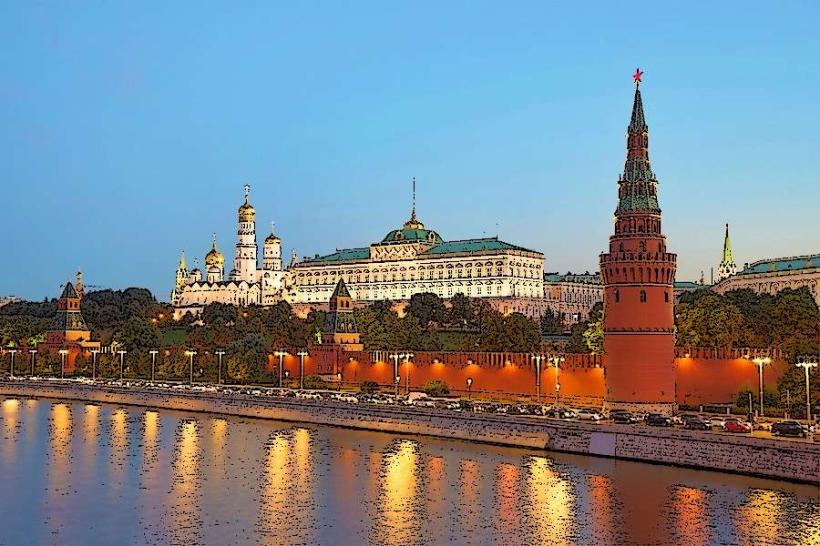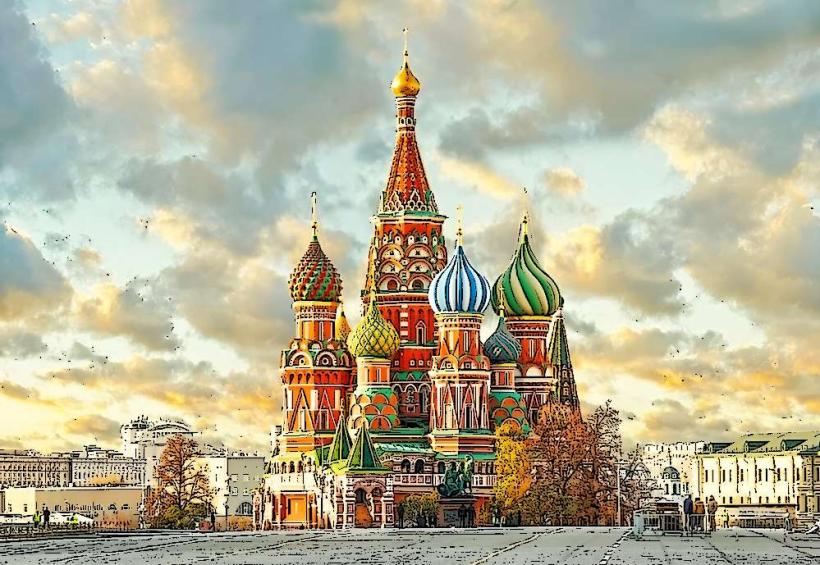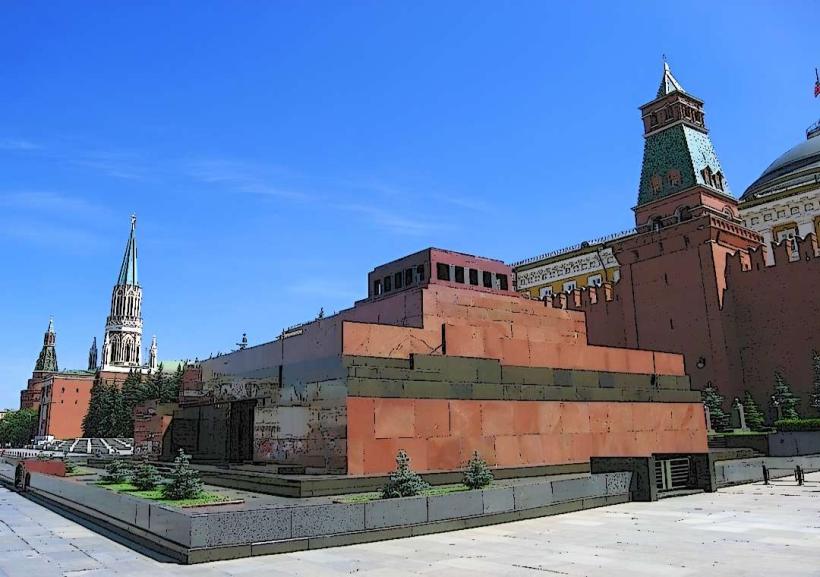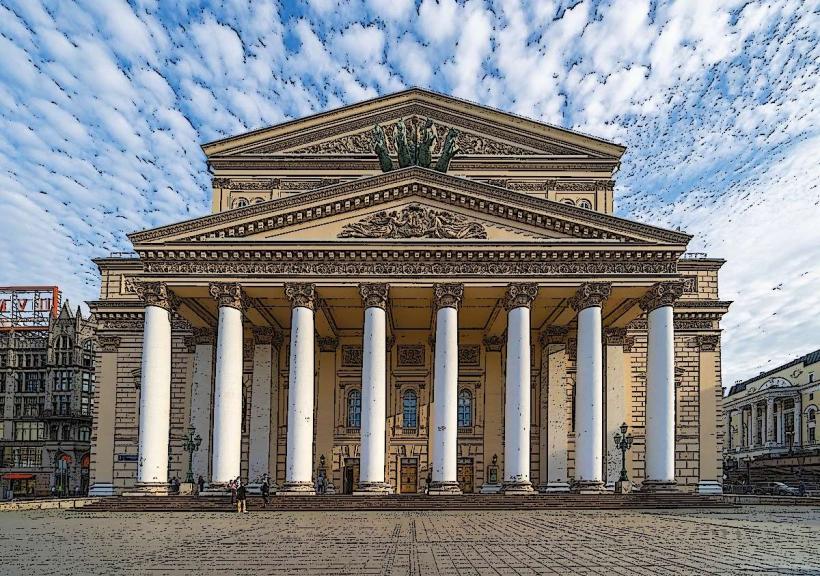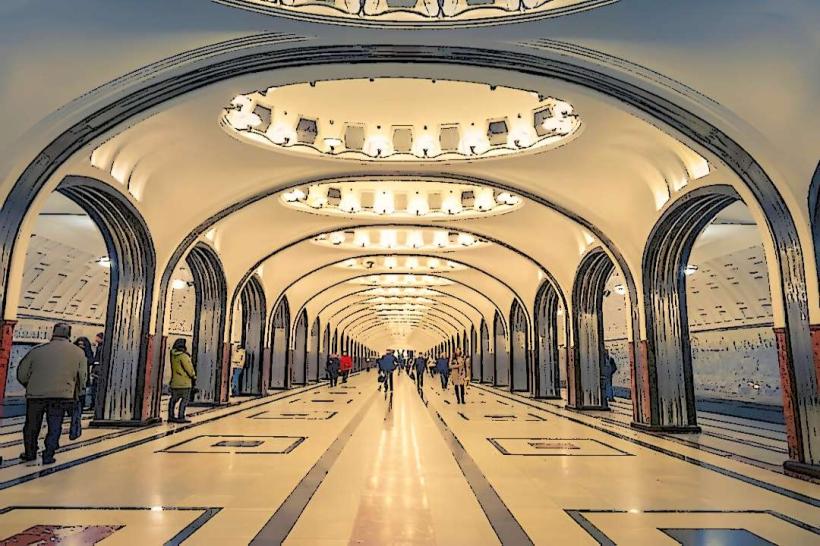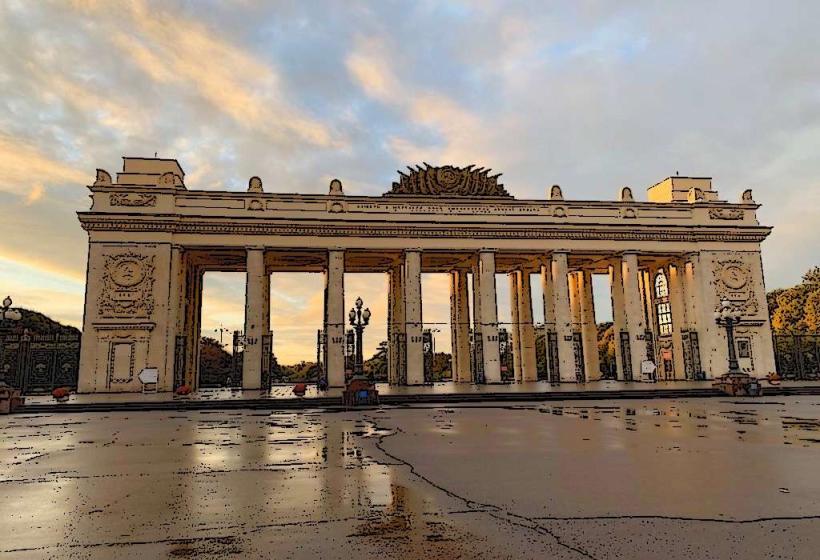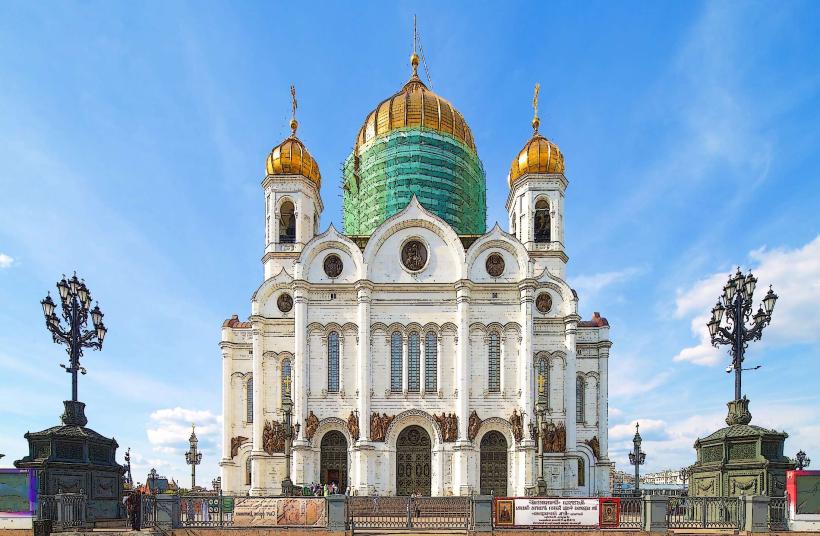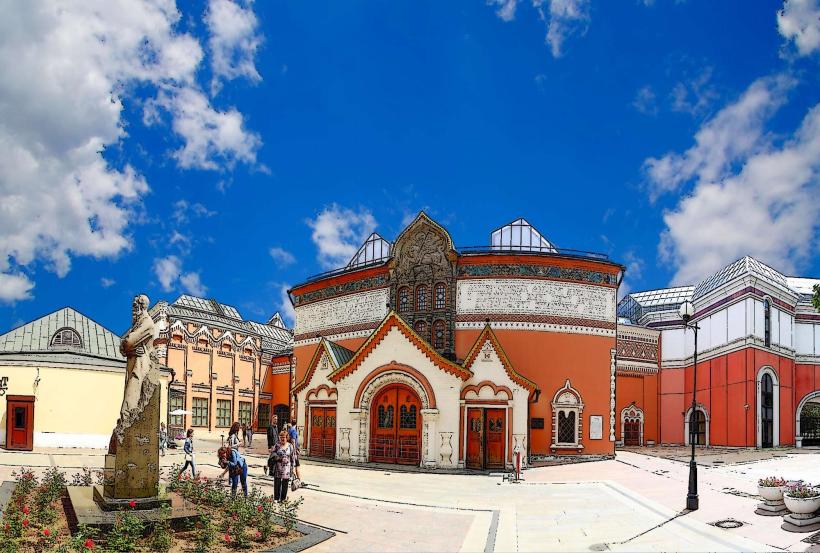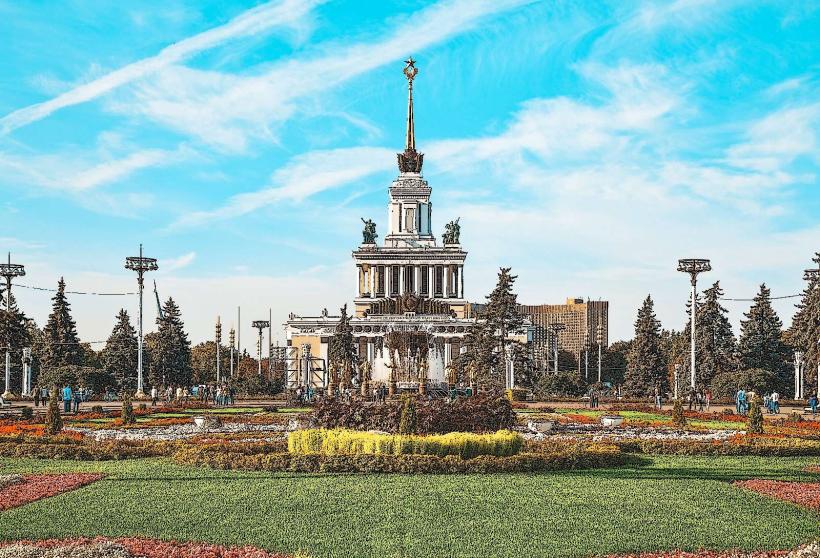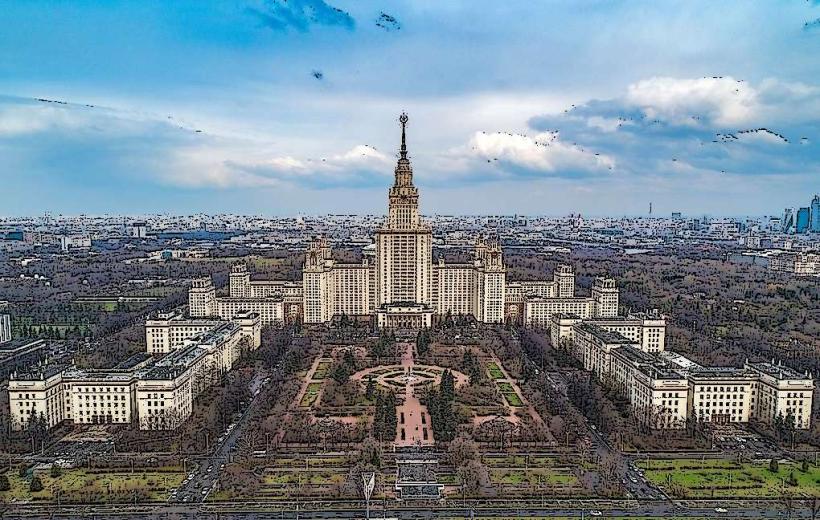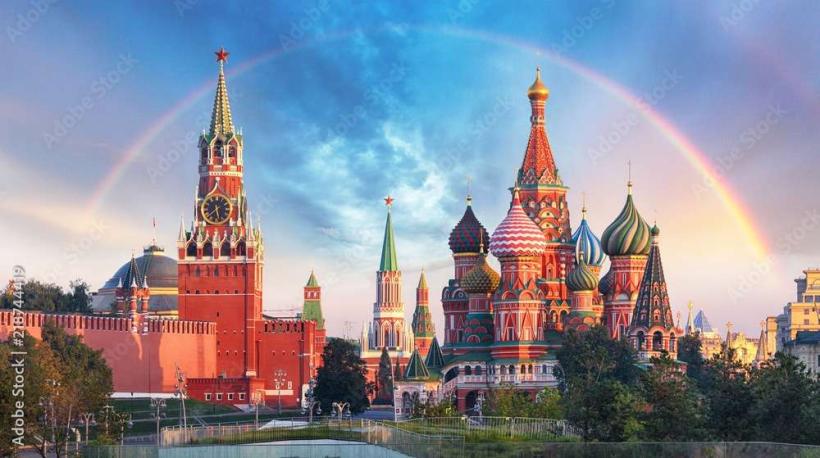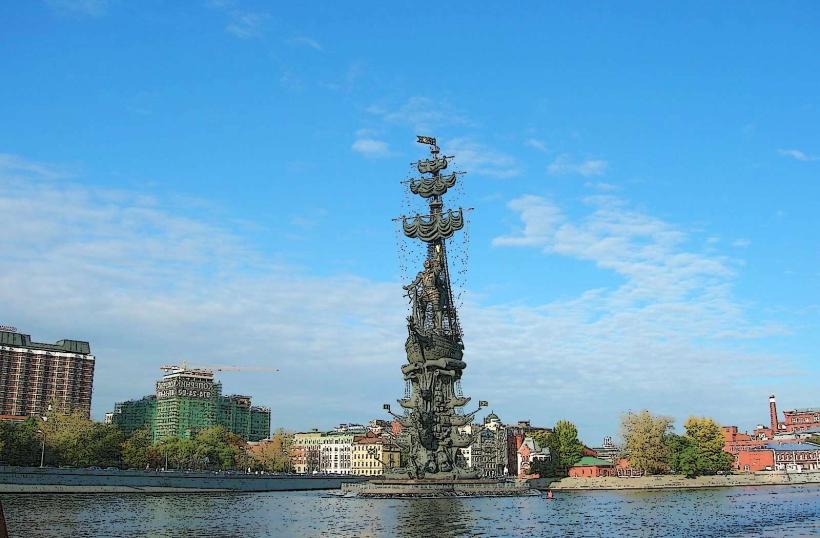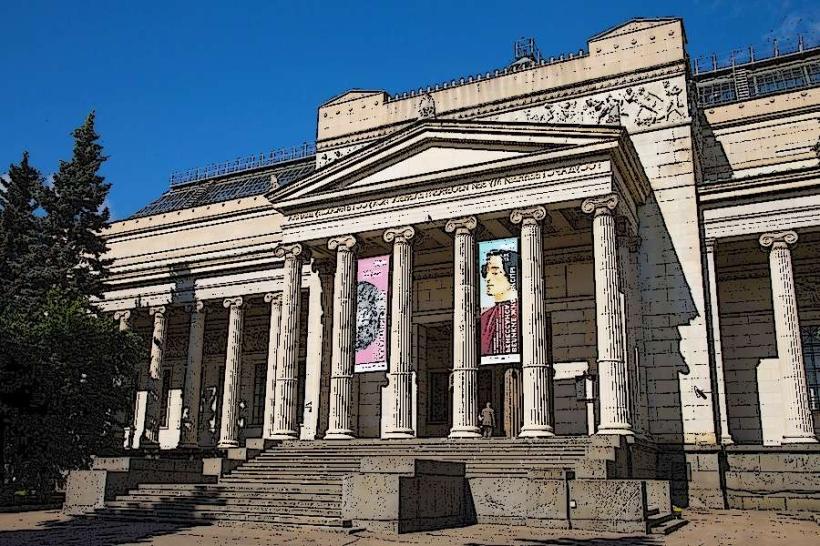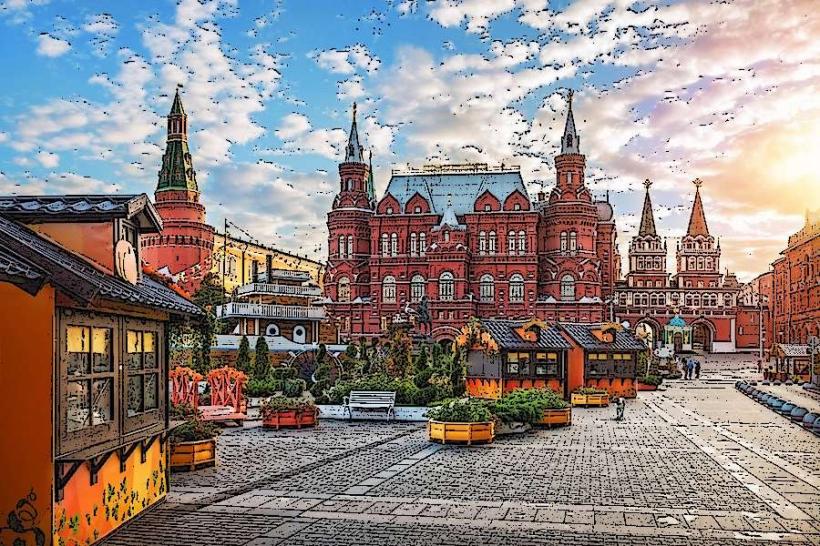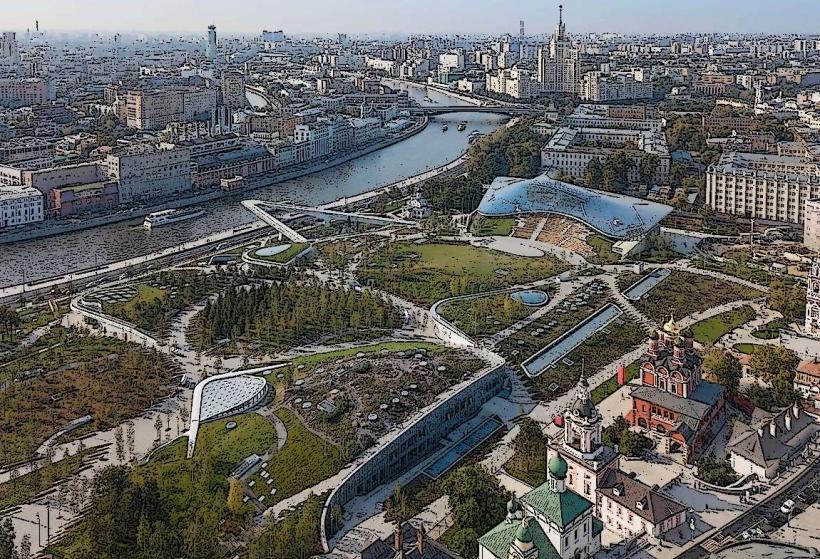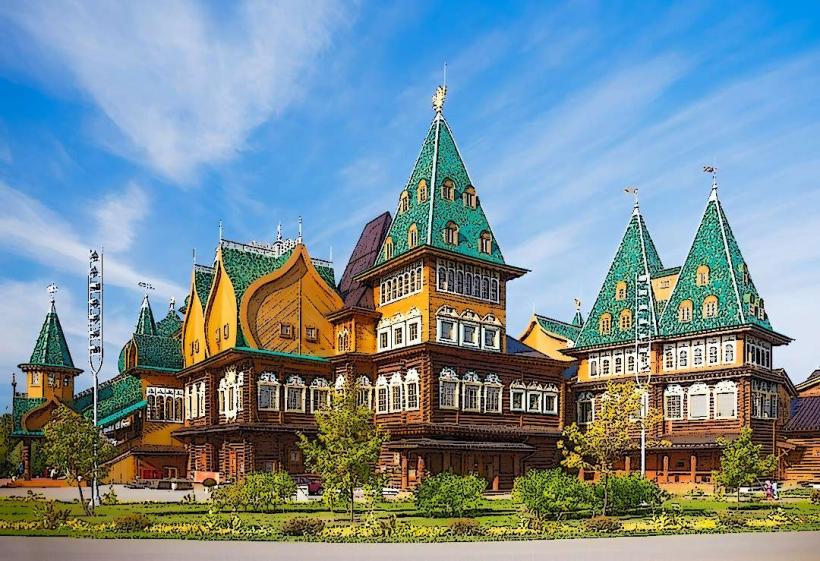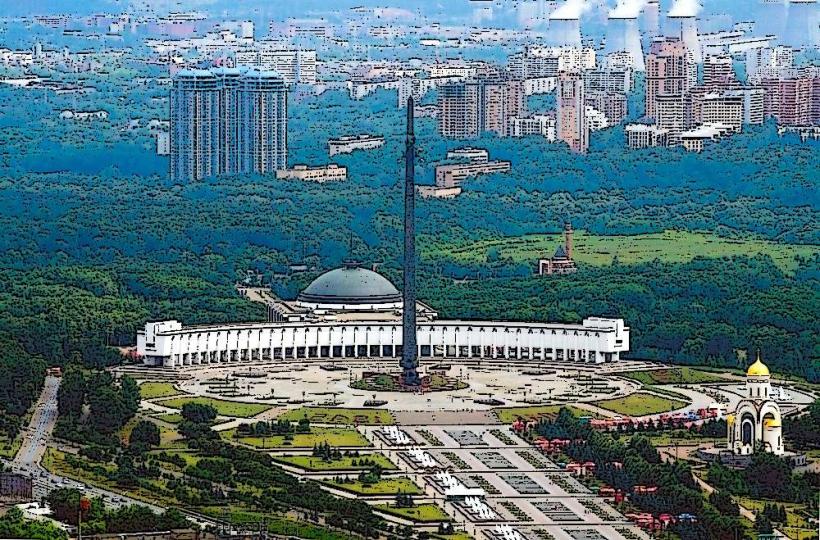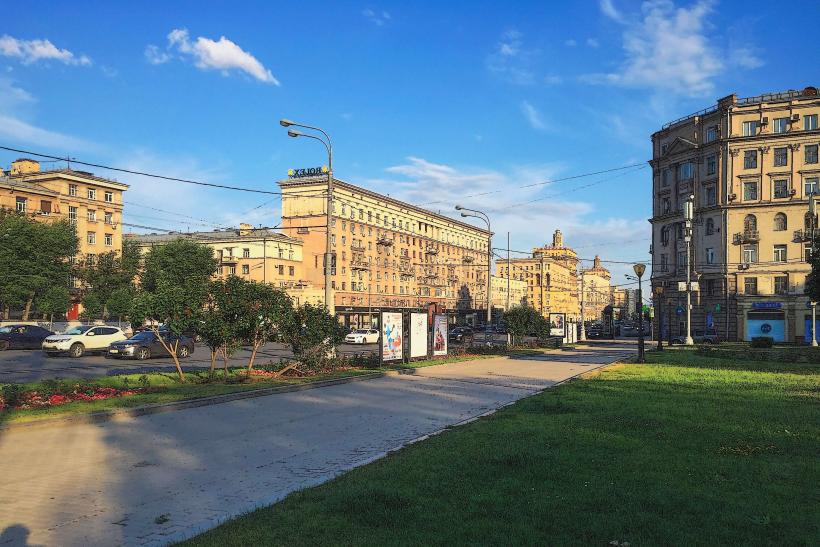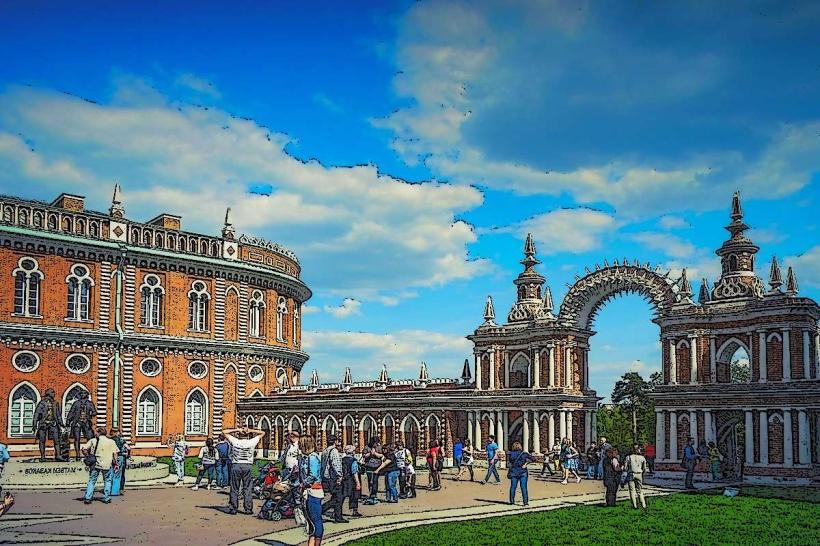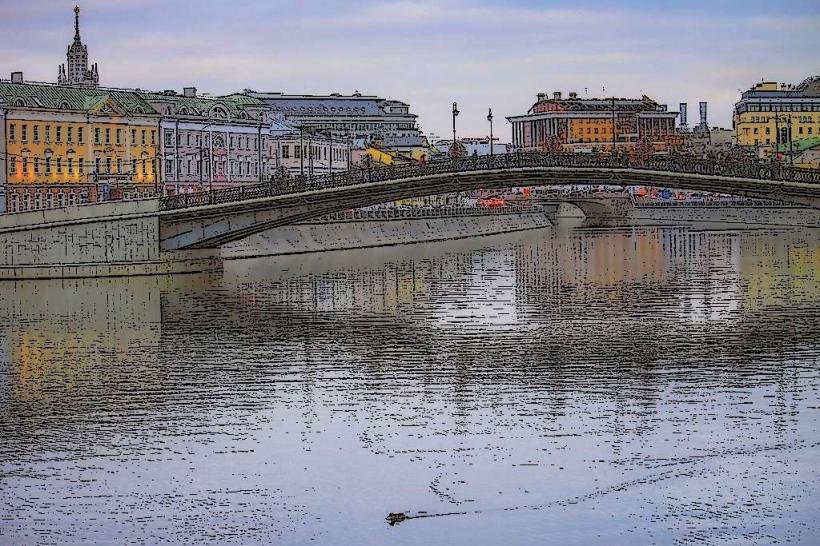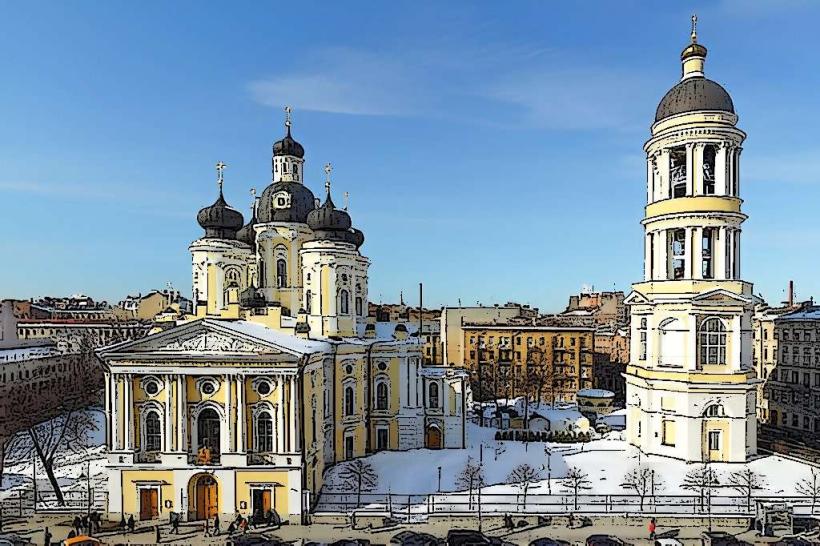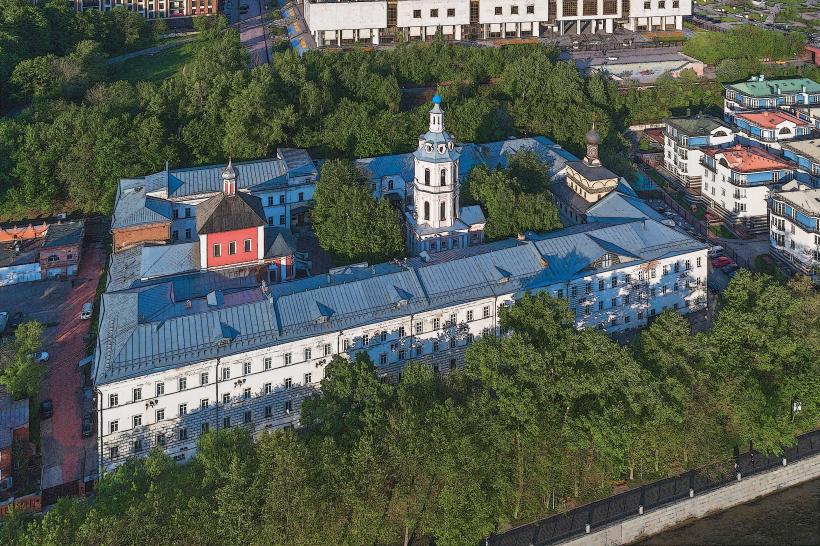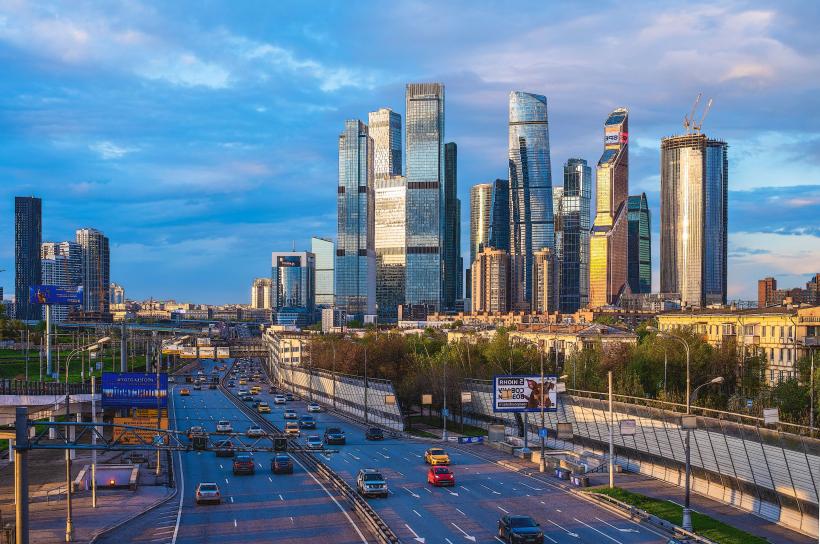Information
Landmark: Russian State LibraryCity: Moscow
Country: Russia
Continent: Europe
Russian State Library, Moscow, Russia, Europe
The Russian State Library is the national library of Russia, located in Moscow.
It is one of the largest libraries in the world.
Visual Characteristics
The main building, constructed from 1928 to 1941, features a monumental Stalinist Empire style. It is primarily built of brick and concrete, with granite and marble used for decorative elements. The facade is characterized by its imposing scale, symmetrical design, and classical ornamentation, including columns and statues. The library complex also includes older structures, such as the Pashkov House, an 18th-century Neoclassical mansion.
Location & Access Logistics
The Russian State Library is situated in the center of Moscow, adjacent to the Kremlin. The primary address is Vozdvizhenka Street, 3/5. It is accessible via the Moscow Metro system. The nearest stations are Borovitskaya (Serpukhovsko-Timiryazevskaya Line, Line 9), Biblioteka Imeni Lenina (Sokolnicheskaya Line, Line 1; Arbatsko-Pokrovskaya Line, Line 3; Filyovskaya Line, Line 4), and Alexandrovsky Sad (Filyovskaya Line, Line 4). Parking in the immediate vicinity is limited and generally restricted to official vehicles; public parking is scarce and often metered. Visitors arriving by car should research available parking garages in the surrounding districts.
Historical & Ecological Origin
The library's origins trace back to 1862 when the Imperial Public Museum and Library was established. The current main building's construction began in 1928 and was completed in 1941, designed by architects Vladimir Shchuko and Vladimir Gelfreikh. Its original purpose was to serve as the national library of the Soviet Union, housing a comprehensive collection of national and international literature. The Pashkov House, part of the complex, was built between 1784 and 1786 by architect Vasily Bazhenov.
Key Highlights & Activities
Access to reading rooms requires registration and a library card. Visitors can consult the library's extensive collections, which include over 47 million items. Special exhibitions are periodically held in designated halls. Guided tours of the architectural and historical aspects of the library are available by prior arrangement. Research services are provided for academic and historical inquiries.
Infrastructure & Amenities
Restrooms are available within the library buildings. Reading rooms are climate-controlled. Cell phone signal (4G/5G) is generally available within the library complex, though reception may vary in deeper interior sections. There are no on-site food vendors; however, cafes and restaurants are located on nearby Vozdvizhenka Street and in the surrounding areas.
Best Time to Visit
For photography of the exterior architecture, morning light (approximately 9:00 AM to 11:00 AM) provides favorable illumination on the main facade. The best months for visiting Moscow, in general, are May through September, offering milder weather. Specific visiting hours for reading rooms and exhibitions should be confirmed directly with the library as they can vary.
Facts & Legends
The library's collection includes a significant number of rare books and manuscripts, such as the Ostromir Gospel, dating from the 11th century. A persistent urban legend suggests that a secret tunnel connects the library to the Kremlin, though this has not been officially confirmed.
Nearby Landmarks
- Kremlin (0.2km West)
- Red Square (0.5km Southeast)
- State Historical Museum (0.6km Southeast)
- Alexander Garden (0.3km Southwest)
- Moscow Manege (0.4km South)

